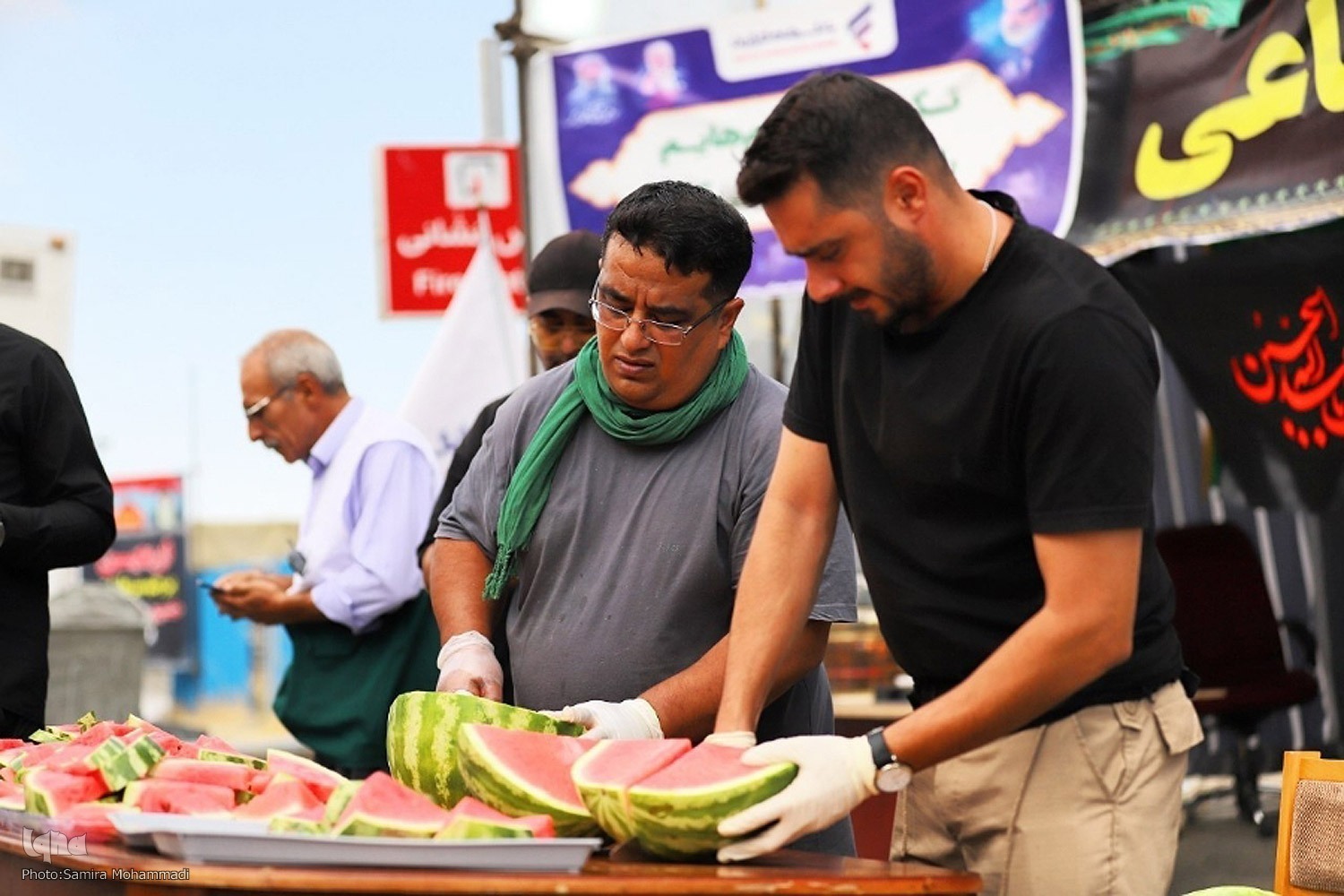AhlulBayt News Agency (ABNA): As millions of pilgrims prepare for the Arbaeen procession, experts are emphasizing the importance of maintaining a proper diet to ensure health and well-being along the way.
Arbaeen is a religious event observed by Shia Muslims on the fortieth day after the Day of Ashura, commemorating the martyrdom of Imam Hussein (AS), the grandson of Prophet Muhammad (PBUH) and the third Shia imam. It is one of the largest annual pilgrimages in the world, with millions of Shia Muslims walking to Karbala from various cities in Iraq and neighboring countries.
With the challenges of long travel, high temperatures, and varying conditions, attention to food choices and hydration is crucial. One key recommendation is for pilgrims to plan ahead by packing foods that are less likely to spoil. Meat, sauces, and eggs are more prone to quick spoilage. Pilgrims are advised to consider alternatives that remain fresh for longer periods.
Proper hygiene remains a cornerstone of safe eating. Thoroughly washing fruits and vegetables before consumption is a necessity, as is handwashing with soap and water before meals.
Additionally, eating food within an hour of preparation can significantly reduce the risk of foodborne illness, a common concern during travel.
Dietitians suggest that pilgrims favor cooked foods over grilled or fried options. This is due to the fact that frying or grilling might leave the inside of the food undercooked, increasing the risk of food poisoning.
Hydration is another critical focus, especially since the procession this year coincides with the hot summer days. Water is identified as the optimal beverage, with a recommended intake of 8 to 14 glasses per day to keep the body adequately hydrated.
Sugary and caffeinated drinks like tea and coffee are discouraged, as they can lead to dehydration and, in the case of sweet drinks, exacerbate thirst. For those who prefer variety, flavored water with ingredients such as mint juice or slices of fruit offers a refreshing alternative.
Nutritionally, lentils and bean dishes come highly recommended. These foods provide sustained energy and are more suitable than fast foods or meals heavy in sauces, which can be less digestible during travel.
Lemon, rich in vitamin C, is also highlighted for its role in preventing heatstroke.
It is advised that pilgrims avoid prolonged periods of hunger, which can lead to fatigue and dehydration.
Nutritious snacks like dried fruits, dates, fresh fruit, and low-salt nuts are suggested to maintain energy levels. However, moderation is key, as overeating can disrupt digestion, a concern for many travelers.
.................
End/ 257

